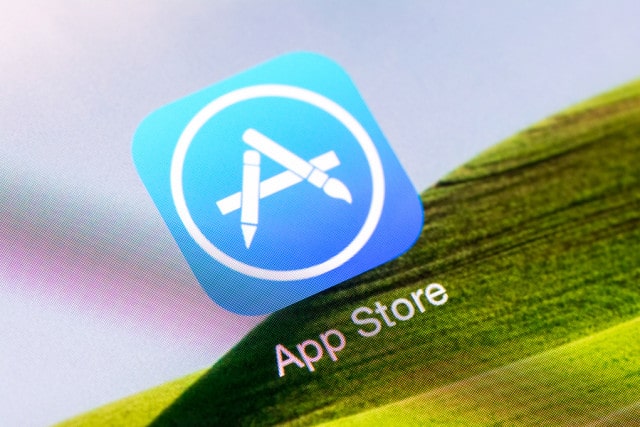Apple Inc. (NASDAQ:AAPL) has removed bunch of apps from its App Store after a malware infringement to its app developing program. A very rare outbreak in the Apple’s app store, as Apple’s app developing program is highly immunized to malware attacks.
The malware was particularly targeted at Chinese audience, although few apps were used by U.S customers. At least 39 iOS apps have found breached. Many of those apps are popular in China, such as Railway 12306, used for purchasing train tickets, a version of WeChat, a messaging app, a ride-hailing service called Didi Kuaidi and apps for trading on the stock market.
The infected app findings were first reported by the Palo Alto Networks, a Santa Clara, Calif.-based computer security company. Hackers used a smart technique to victimized users. Instead of targeting apps, the hackers turned the app developing software as their host for pulling important personal information through apps platform.
Hackers used malicious code called Xcode Ghost that came as a fake edition of Xcode, a popular Apple software used to create applications. Apple started culminating infected apps over the weekend. The virus infected Xcode was carried out to servers in China, where developers utilize it to create apps for Apple Store.
The malware was specifically designed to hack users, passwords. Hackers even sent phishing messages to users’, to trap them into their false network for pulling more information.
“It was opportunistic,” Gunn said. “They figured out that there was a remote server that had the Xcode program on it that wasn’t being monitored by Apple, and it happened to be in China.”
There is little danger to U.S. iPhone users unless they use Chinese social media apps, he said.
Google Inc’s (NASDAQ:GOOGL) Android operating system is more susceptible to hackers, owing to its openness.
“You’re always making that trade-off, the more freedom and flexibility you want, the more potential danger,” said John Kindervag, a security analyst with Forrester Research.










